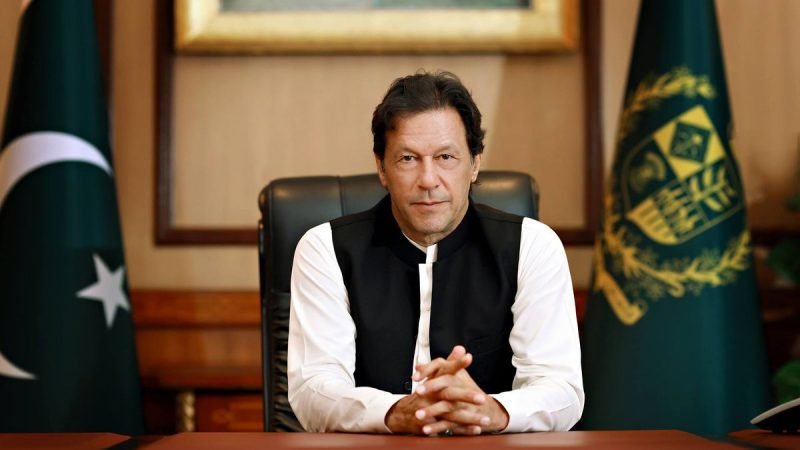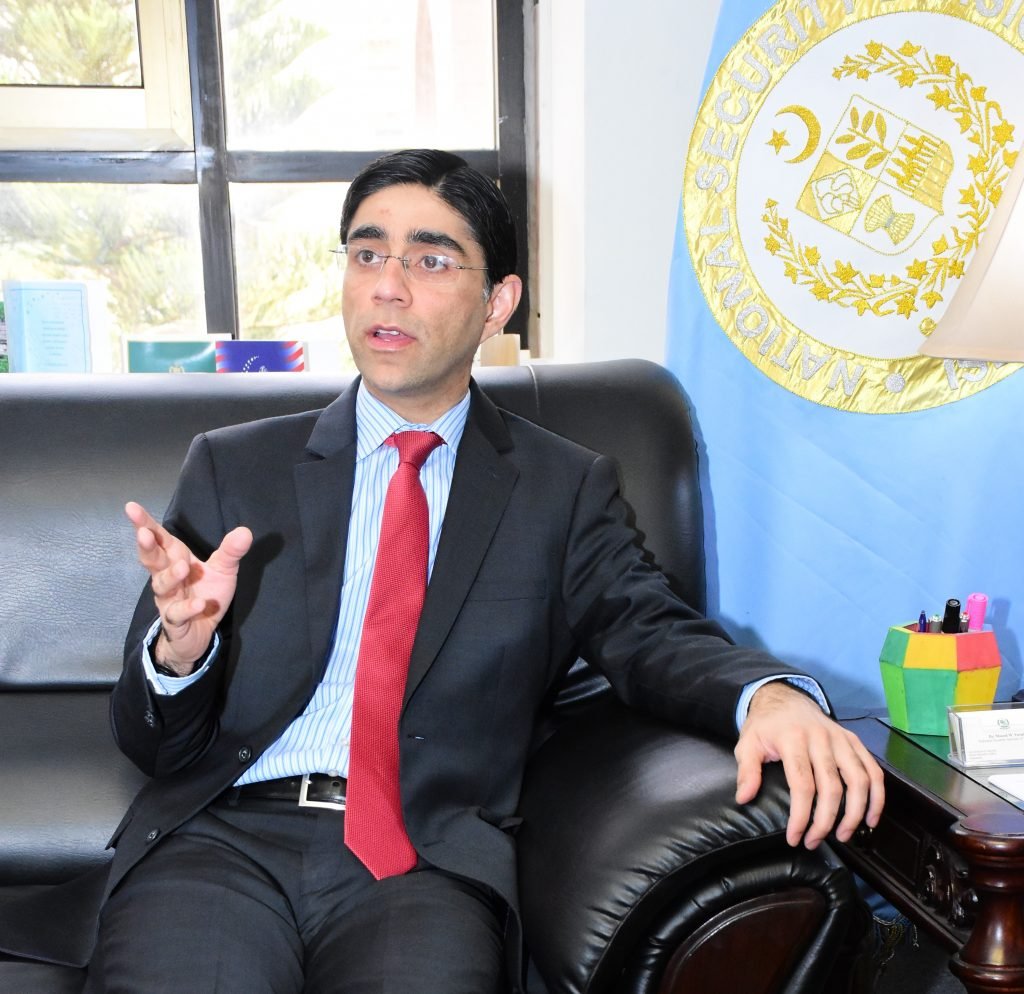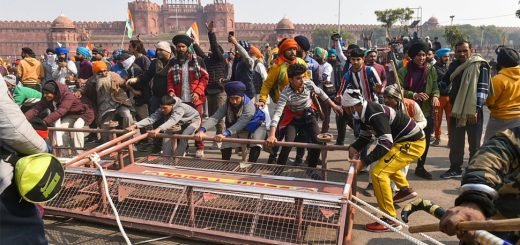New National Security Policy of Pakistan: Myth or Reality for India

- India-Pakistan have multi-layered issues
- Terrorism continue as a major challenge for bilateral cooperation
- Revival of SAARC is necessary
- India-Pakistan needs Indo-China model of cooperation
Pakistan federal cabinet has approved, its first national security policy. The same is drafted for the 2021-26 time period. Moeed Yusuf, Pakistan’s National Security Adviser (NSA) claim, this is a citizen-centric policy. This policy indicates a transformation of Pakistan from geostrategic to geo-economics. Emphasizing its geostrategic policies has made Pakistan secure the 154th rank out of 189 in the Human development index and kept them always in the ‘alarming’ hunger category in Global Hunger Index. Pakistani people must be seeing this shift with much optimism.
India, as its immediate neighbourhood is closely observing these developments in Pakistan. Pakistan officials have briefed the media that for another hundred years Islamabad is not seeking hostility with India. India must be approaching this little skeptical, without losing optimism. New Delhi has always tried to establish and maintain a mutually beneficial relationship with Islamabad. All such efforts were made inactive by the military apparatus of Pakistan. Pakistan cannot ignore its immediate neighbour with a policy centered on economic diplomacy.
Shift to the geo-economics policy is supposed to create better economic relationships with other states, specifically with neighbouring countries. India always had surplus trade with Pakistan. The trade ban has created a crisis in the textile and pharmaceutical industries. India’s major imports to Pakistan were plastic, dyeing agents, machinery, organic chemical and mechanical appliances. Pakistan also considered India as a market for its products like mineral fuels and fruits. The scarcity of raw materials might be one of the rationales behind lifting the trade ban with India opening gates to foster economic activities.
Revival of SAARC
South Asian Association for Regional cooperation is one regional organisation where India and Pakistan are part. However, the dispute between the most powerful member states of SAARC has put its effectiveness under question. Both states never had any formal bilateral trade agreement. Pakistan remarks over establishing the economic ties with India without waiting for a final resolution over the Kashmir dispute might create a possibility for SAFTA, signed between the member states of SAARC.
If both states could coexist without escalating conflict, both would be able to emerge as powerful nations in the Asian continent. However, Pakistan longstanding Anti- Indian sentiments and China’s objectives of countering India in the Asian region will also have an impact. India must be sceptical about Islamabad not making any specific policy towards individual countries. For Pakistan immediate neighbourhood also means China.

Even though Pakistan says, they want to keep a peaceful bilateral relationship with India, it is very evident, that there won’t be any practical initiative from Pakistan. They want to improve the economic diplomacy with India, without waiting for a final resolution over Kashmir. Their economic situation has put them to pursue such a stand. The National Security Policy document list Kashmir dispute will be the core area of bilateral relation. Islamabad still considers Kashmir as land illegally occupied by India. They are clear in their view that the current Hindutva driven politics has made the situations even worse. They don’t want to cooperate with the current Indian government in power.
Issues of Proxy war
The current state of diplomacy between New Delhi and Islamabad is not in a favourable condition for both. India has lifted the Most-favoured Nation Status for Pakistan in the year 2019, immediately after the Pulwama attack. Pakistan also seized its bilateral trade relation with India, in reciprocal to abrogation of Article 370. New Delhi has always been a critic of Islamabad at international forums regarding cross border terrorism, infiltration and violation of ceasefire agreements. India doesn’t want Pakistan to involve in sponsoring terror activities in the border areas. Regardless of the shift in the policy of Pakistan counterpart New Delhi has nothing to relax in the above-mentioned areas. Kashmir will remain as the pivot area of dispute. Islamabad is not yet made any clarity of reconsidering their demands over Kashmir. NSA has made clear that the Kashmir dispute with India has been identified as a vital national policy issue for Pakistan
India-Pakistan NEED Indo-China Model
India-Pakistan will never go for a large scale of war despite their multi-layered conflicts and we may witness minor tensions and military attacks similar to surgical strikes in future. However, India-Pakistan should focus on their economic cooperation at the bilateral and multilateral level based on the Indo-China model. For instance, India-China also shares hostile relations, which are similar to India-Pakistan, but India and China are successful in their trade and economic interdependency. India-China engagement witnessing paradigm shifts in bilateral, regional, multilateral and international levels. At the Bilateral level, the India-China relationship is more hostile and interdependent as well. At the regional level, the relationship is competitive for hegemony. At the multilateral level, they are cooperative by integrating into SCO, BRICS and RIC. However, the relationship changes at the global level to competitive nature. This multi-layered relationship between India and China contributed to their economic growth and reduced tensions. A similar kind of model of relationship can be an alternative model for the normalization of relations between India and Pakistan.


















